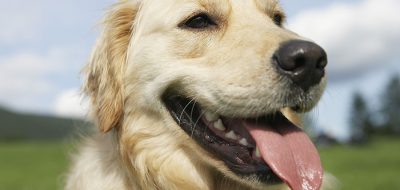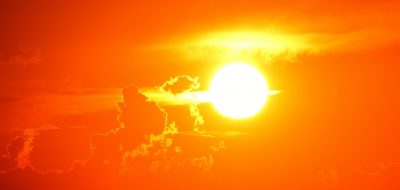Last week we talked about Heat exhaustion, and I recieved some private messages that went something along the lines of well this is an old folks’ problem, so I don’t have to worry about it. Sorry devoted readers, what I was trying to express was that the very young and the older/out of shape people are more at risk, BUT young and health people can easily suffer from it, too. All it takes is to start to deplete the body’s store of fluids and electrolytes and not be able to properly cool the body either because of heat and humidity or physical activity.
Today, we are going to go beyond heat exhaustion and talk about Heat Stroke. Remember, with heat exhaustion, the body, if replenished with fluids and electrolytes and cooled, could recover itself. Heat Stroke has gone beyond that. Often the body can not recover on its own and is not able to cool on it’s own either. True Heat stroke victims have lost the ability to sweat; they may still be clammy but are not sweating, and the body’s temperature is climbing rapidly to dangerous levels. But to learn more, let’s follow the continued below link ….
First off, Heat stroke begins the same way as heat cramps and heat stroke, usually not enough fluid intake and high temperatures or heavy activity that the body is not used to (can you say trying to keep up to the kids on their bikes, when you haven’t been on yours since last year?).
The same sort of people are more prone to it, the very young and elderly (not very good heat regulators), obese, people with renal problems, those that have been drinking alcohol and those that take some medications.
Signs and symptoms:
- Body is no longer sweating
- Body temperature is elevated often over 104 degrees!
- profound mental confusion or even hallucinations and other mental problems
- signs and symptoms of shock, pale, high (or worse LOW) blood pressure, headache, nausea, dizzy, lethargic or restlessness, increase in respirations and heart rate.
- Late signs fainting, combativeness
Now what to do about Heat Stroke!
- First, remove the patient from the heat and have them relax… movement causes the body to produce heat!
- Air conditioning, tepid or cool bath, misting from a hose or cool moist compresses (wet towels or blankets) all work to start cooling the body.
- If the patient is no longer sweating and feels very warm to the touch or is showing any neurological symptoms like hallucinations, seizures, unconsciousness, or even if you are unsure, CALL 911 AND SEEK IMMEDIATE MEDICAL ASSISTANCE.
- If the patient is conscious and is able to protect his airway (swallow safely), you can give cool (not ice cold) fluids, again Gatorade and some sports drinks are good
- If they start shivering, you are cooling him or her down too Fast! Shivering creates heat, remember.
- If the patient does have seizures, do NOT try to put anything in their mouth, especially your fingers! Just make sure they will not hurt themselves against anything and do not give fluids!
So, to make your summer camping trips and activities more fun and safer, learn the warning signs of heat exhaustion, heat stroke. Drink plenty of fluids and relax, take things a little slower. This is to be a fun hobby. If you find yourself thinking that this is harder to do than you like, either slow up or find something else to do! That being said, a daily walk, if your doctor says it is ok, is a great way to help get into shape and feel better!
Your Obedient Servant,
Gary Smith, Jr.





Pingback: Megaman gu10
charles
I was reviewing some of your articles and had a question about applying cold/cool packs or solutions to the body in an overheated person.
where is the best location to apply them: neck-abdomen-hands and feet or all o f the above. when my wife got over heated at the rehab center, one helper started putting cold packs on her neck but another said that it works better if put on the abdomen because there is more blood supply there.
just curious. thanks chuck
Drew Mueller
Remember too that if you feel thirsty, you already have the first symptoms of heat exposure/exhaustion. Keep hydrated in hot weather regularly.
The season’s heat is something you get accustomed to gradually. Your body will adapt as you work/play in the heat for longer periods- just work up to it.